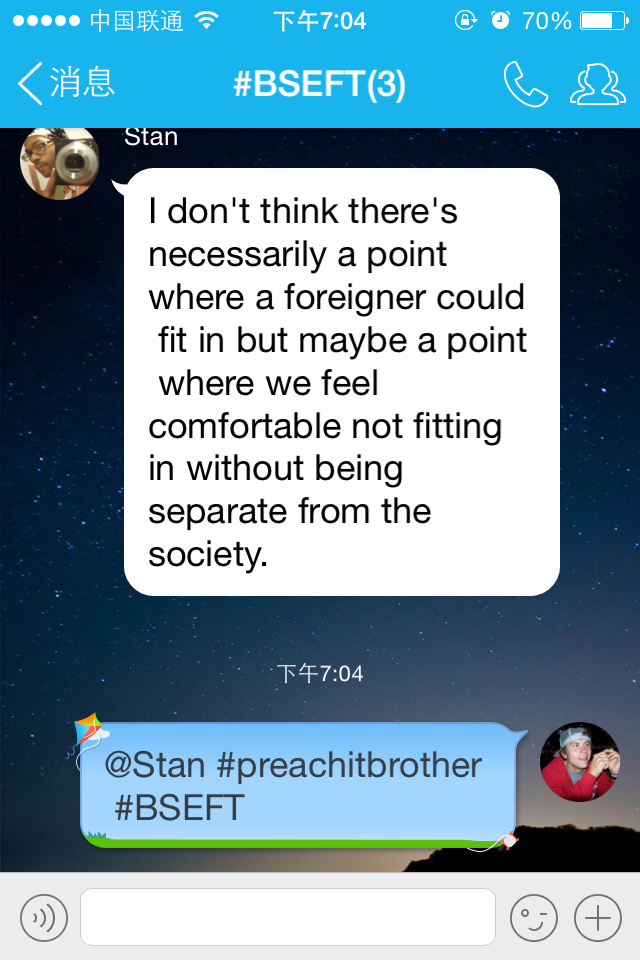Though I’ve been connected on social media for a few years, I feel like there should be more to the network, the community, the redefinition of it…all of this has made me think about the next steps I could should take when utilizing it as well as technology and the place they have within the innovation I myself as a person and teacher should strive for.
To be honest, when it comes to social media, I’ve already started to utilize Feedly, Pinterest, Evernote, and Twitter into my own personal methods of professional development and collaboration (though Evernote is on its last leg). Feedly came within the last couple months off of a recommendation from Steven Anderson since I couldn’t find a quality app for Blogger on the App Store. I initially didn’t join Pinterest because I used to think it was only for recipes, decoration ideas, and wedding planning. Little did I know with such a naïve mind. It’s great for curating content while Evernote allows me to save the article then and there in various ways. (Side notes: Pinterest is now blocked in China as of a few weeks ago, Evernote is in Chinese on the local internet, and Twitter has been game-changing. Who would have thought any of those would have happened?)
What I have found is that simply joining these platforms is not enough in itself. Lurking is a decent first step, but to move forward one must learn how to partake, collaborate, and create when ready. Therefore, I joined ISTE’s #ETCoaches / Blogging Buddies a month or so back to obtain more interaction and communal growth. I would also like to start utilizing YouTube and possibly YouKu (China’s YouTube) more often along with the inclusion of more multimedia than just simply pictures within posts/sharing. Then there's live-streaming, whether it be Periscope or YouTube.
Some of these tools have Chinese versions (in-app or on the website), which I always check when browsing the App Store or web. It’s also been vital to check the Chinese App Store since there are some apps present or missing when compared to the American one.
 |
| http://www.flickr.com/photos/25275534@N00/8631695619 |
I’ve been using American platforms, but I’d like to take a step with Chinese ones as well. I’m still considering how to do this long-term, and that includes how to get the most out of WeChat, QQ, and Weibo (China’s Twitter). WeChat is the big one here, and it very well may have an effect on your internet. With that said, I don’t want to keep switching between what kind of internet or which social media I use because the students and colleagues I interact with on a daily basis usually surf a different one from the one I’ve been accustomed to. (If only there was a Chinese version of Buffer.)
How should I go about this? Which steps would you suggest or take in this situation?
Photo Credits: ePublicist








